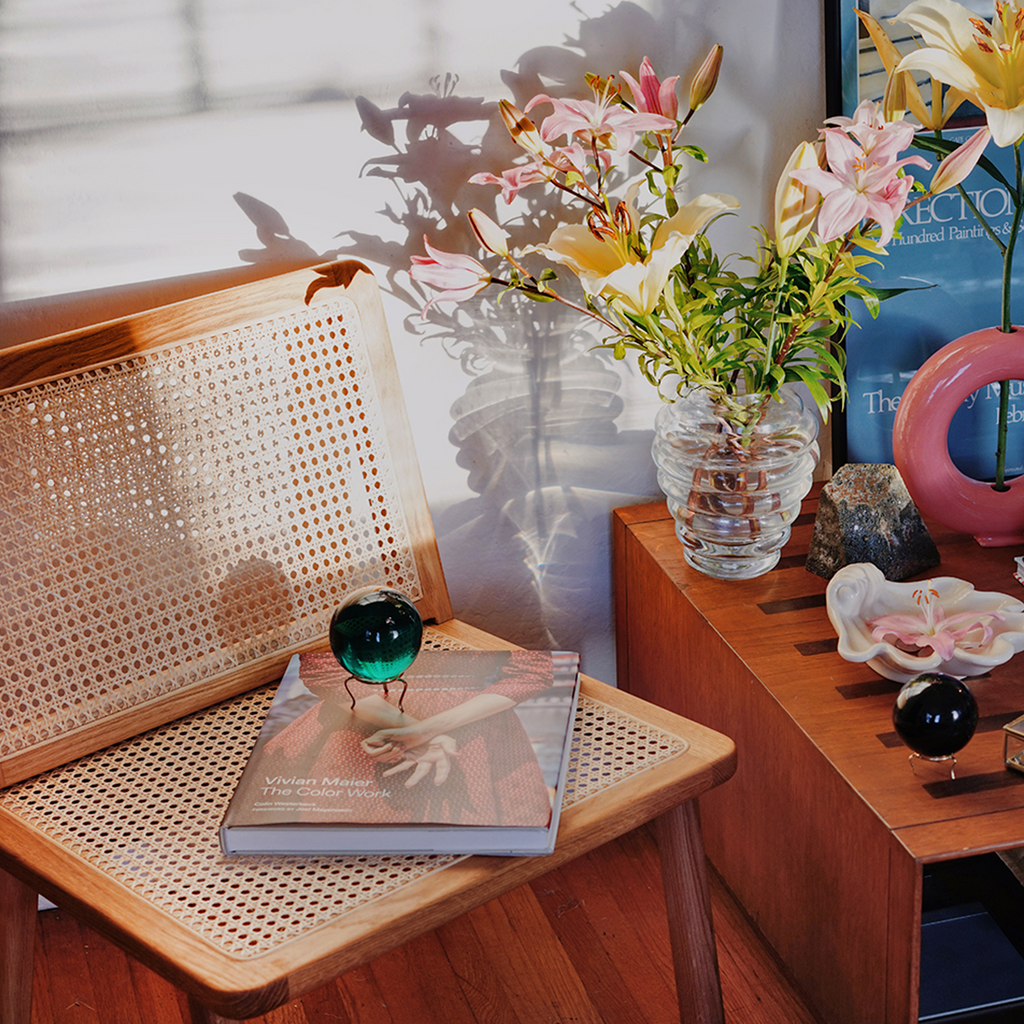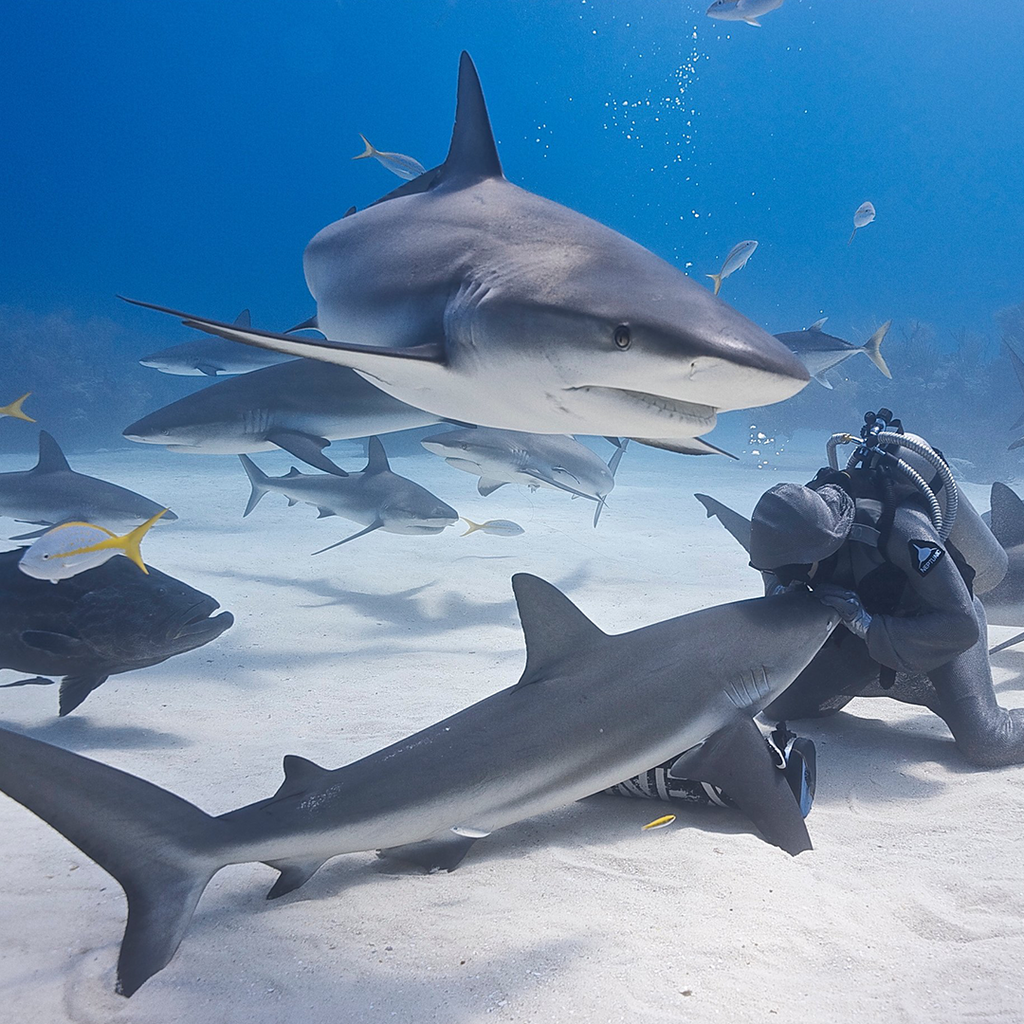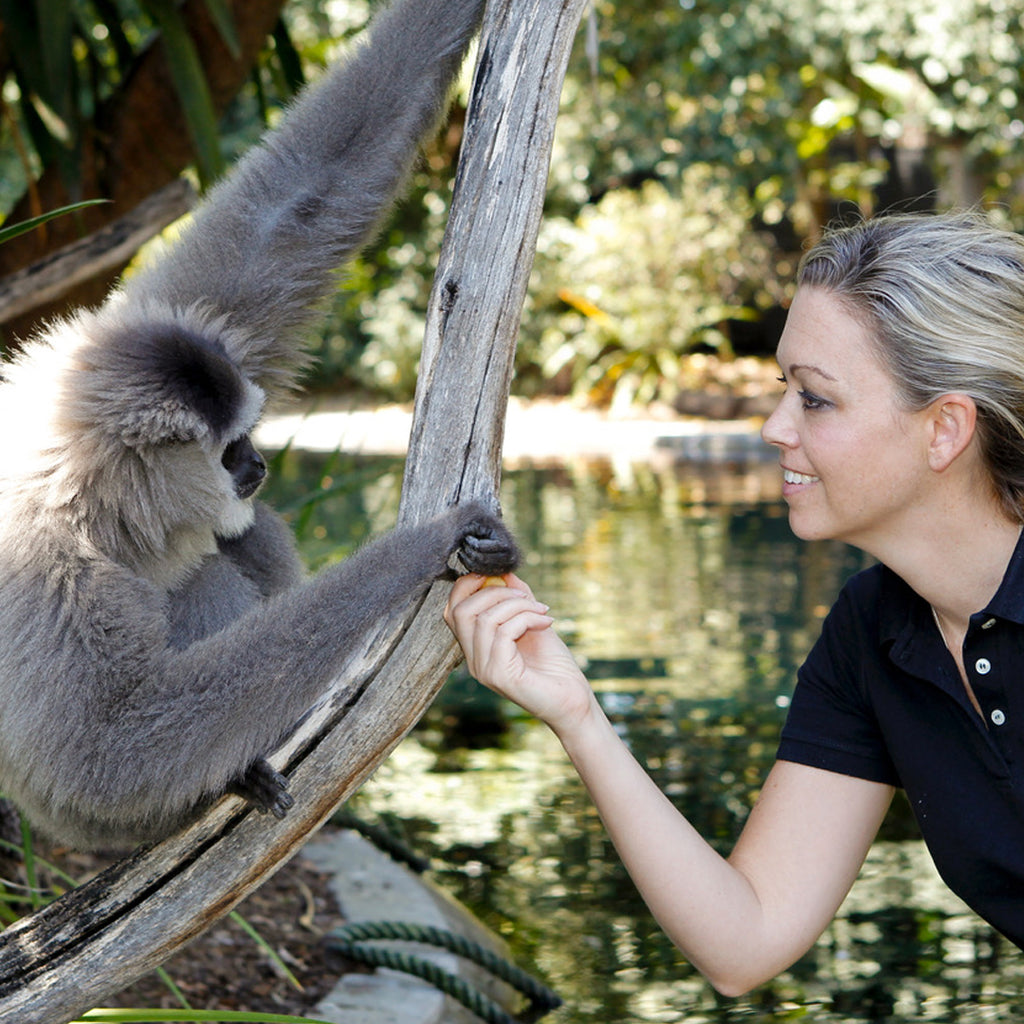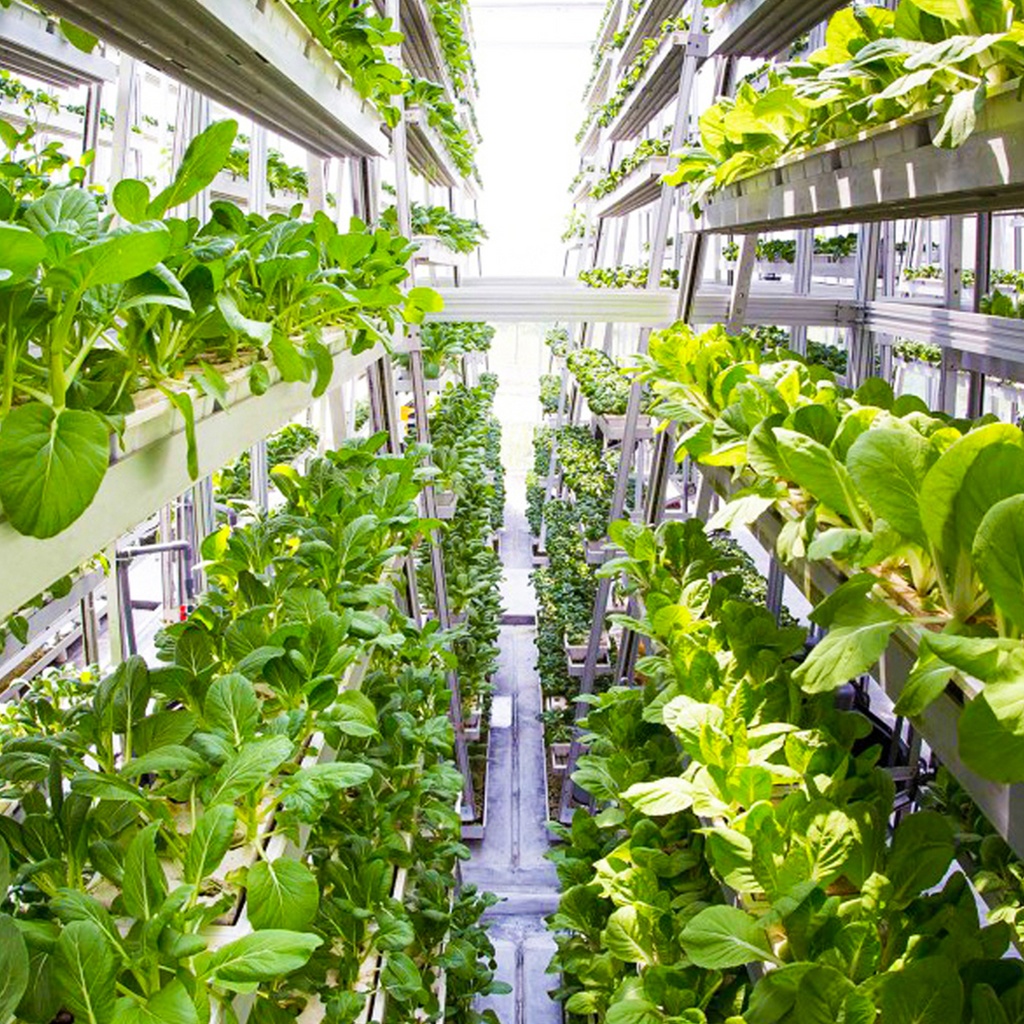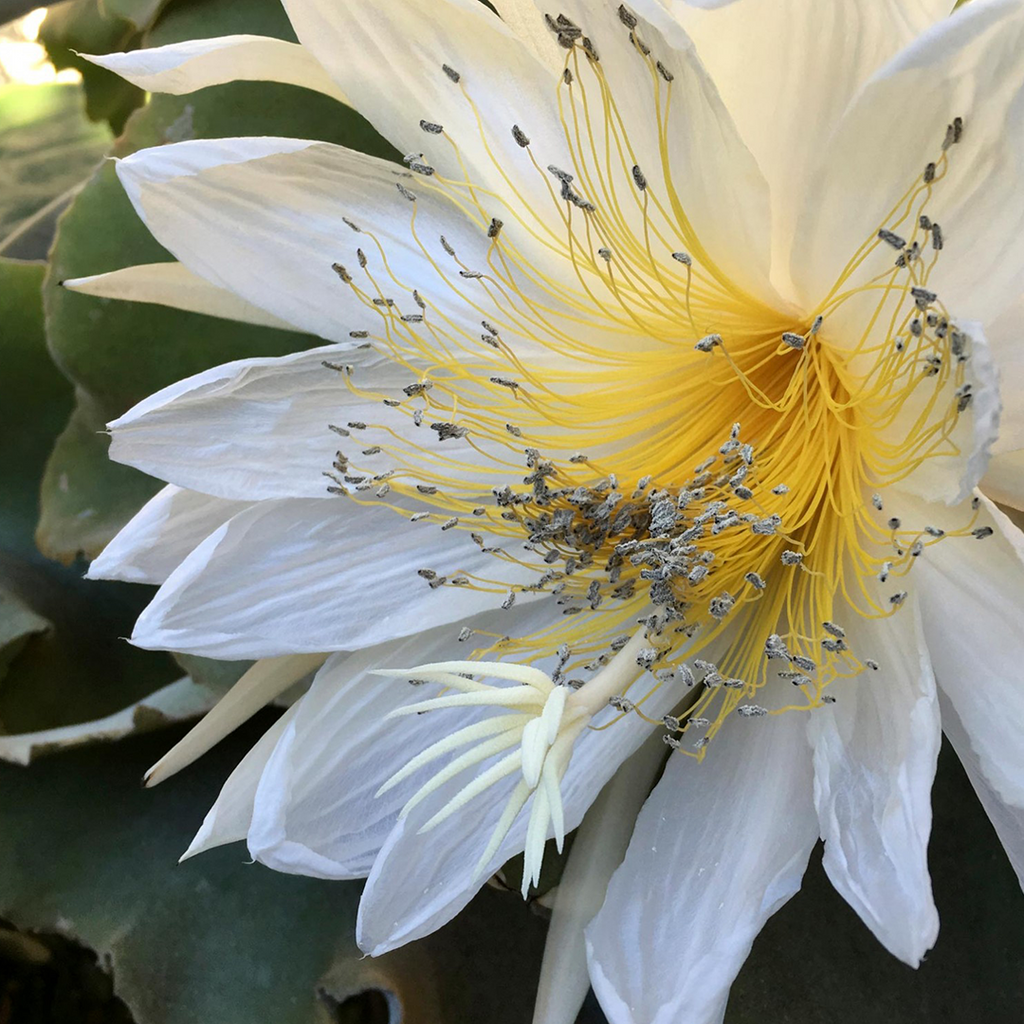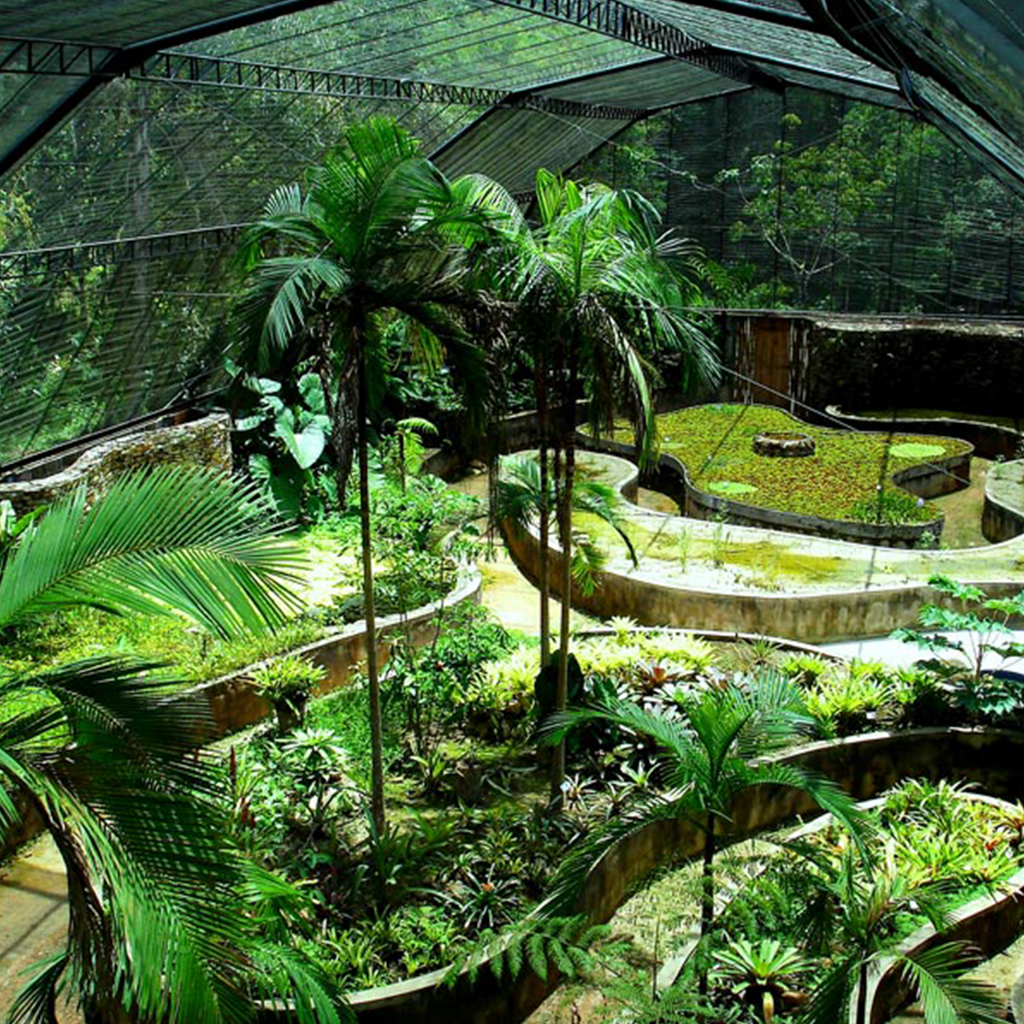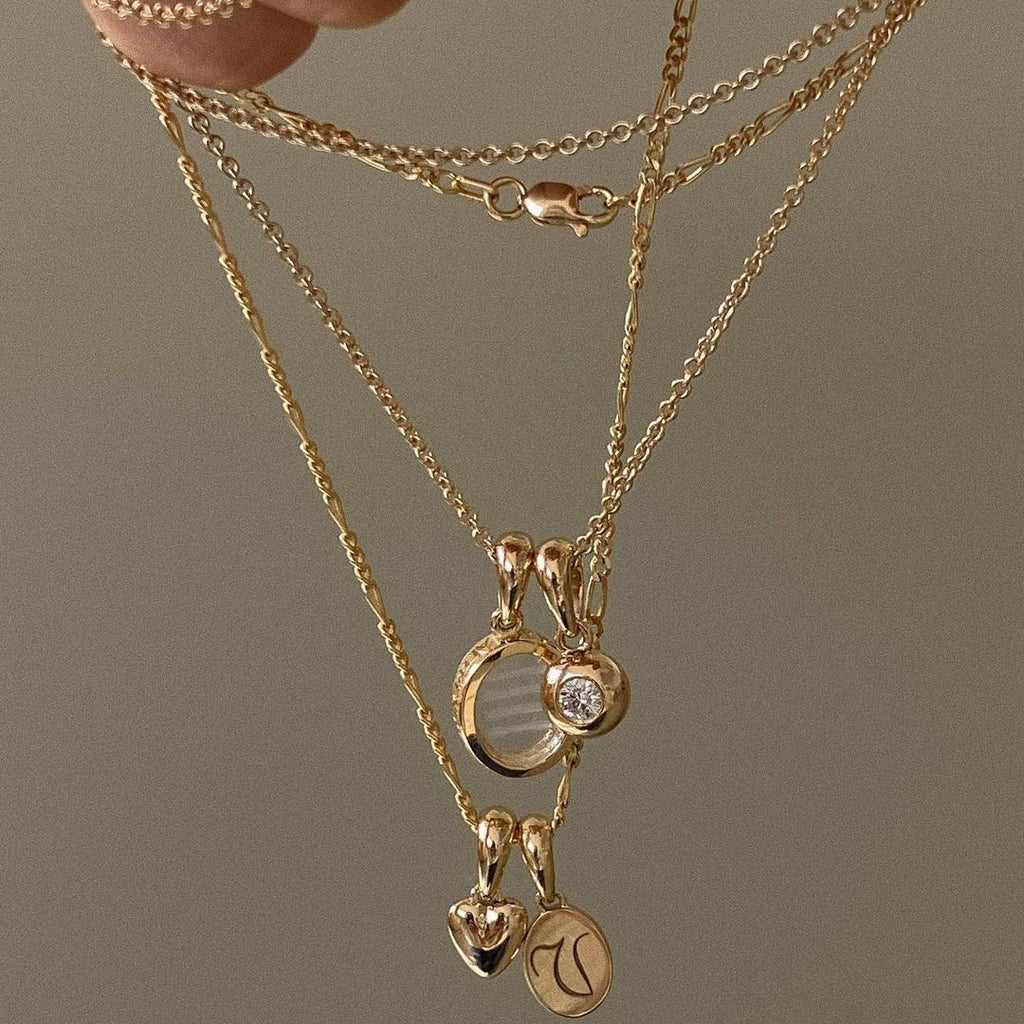Online shopping with a clean conscience
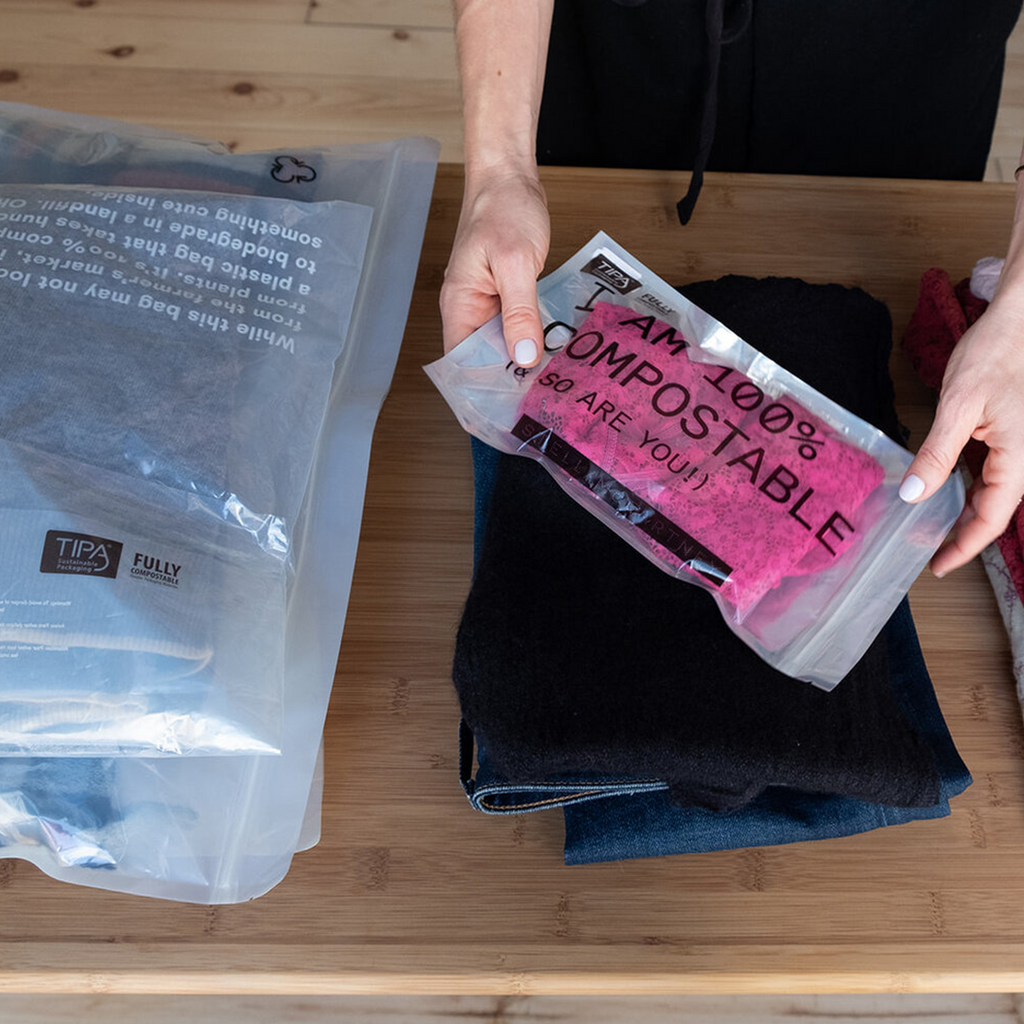
Today, shopping online today has almost become the new normal. If you find yourself in the need of a new pair of sneakersor an outfit for that dinner you’re invited to, browsing online shops often seems way more convenient than actually walking to different stores in the search for the perfect one. But our shopping habits comes with a dose of environmental impact we often do not consider. Both the shipping and the packaging your new outfit arrives in can be considered active contributors to global warming.
We met with Daphna Nissenbaum, CEO and co-founder of TIPA, whose children inspired her to come up with a solution to our problem. Growing up in a city close to Tel Aviv in Israel, Daphna Nissenbaum describes how she started to become aware of our impact on the environment from reading and seeing it on the news, an awareness that grew with time. When her children started learning about environmental issues in school she learned through them as well and decided to come up with a solution as “ ...the more they learned, the more I learned. I think it speaks a lot about the power of education, and how important and influential the younger generation can be for the environment, even in unconventional ways.”
Where did it all start for you, was there a moment when you decided to take action, a so-called life changing moment?
“The idea for TIPA® actually sparked from an argument I had with one of my kids about the plastic bottles he would take to school – some days he would return them to be reused, while other days he wouldn’t. I said to him ‘we have to think about what we do with our packages.’ There were so many discussions surrounding the matter of plastic packaging at the time, and I thought to myself, ‘the world will need a package that is not based on plastic, one that will break down by itself post-consumption.’ The resulting vision was to develop a package that acts just like organic material, like an orange peel, a package that disappears by its own natural composition.”

What was it like for you to start a business and making it grow?
“One of the first things I learned in business was that an idea is maybe 10% of a business. The other 90% is a lot of hard work, flexibility, innovation, and enthusiasm. Sometimes you have to give up a major part of your regular life to build a successful company out of that initial idea. As it grows, it’s a great responsibility. We’re all very grateful that there is much more to take care of, but there is also much more to lose. It’s a rollercoaster of emotions and experiences, sometimes very high and sometimes very low. I’m always on my toes, because anything can happen tomorrow, especially in a start-up environment.”

Did you ever feel like you were treated differently, being a woman in this industry?
“There are certainly differences in how women and men are treated in the startup industry, sometimes I feel them, but I choose not to see it as a challenge. I think the experience that I gained in my previous positions helped give me the confidence and some of the understanding I needed to succeed in this environment, but nothing can really prepare you for launching a startup besides having launched another startup. My husband helped a lot.”
Tell us about a normal workday at TIPA.
“For me, if I’m in Israel in our HQ, I spend a lot of my time in meetings where we discuss the day to day operations of TIPA, solving challenges that come up and planning for the future. We’re scaling up as fast as we can, and part of every day is allocated to thinking about our future steps at TIPA. When I’m abroad, I spend a lot of time presenting TIPA’s compostable solutions to the world.”

So how does it work? Tell us a little bit about what happens when a customer wants to change from conventional packaging to TIPA.
“One of the main differences is that compostable packaging is custom-made to order. We don’t have “on the shelf” items, because compostable packaging has a shelf-life, and each run of packaging is customized to pack and preserve our clients’ products. We start a lot of our relationships by sending samples of our bags. It’s a great way for our clients to get a sense of how high the quality of our packaging is. We work with our team and our clients to reverse engineer packaging solutions based on the characteristics of the product, and what kind of packaging will keep it fresh and in perfect condition. Once a material is decided on, we move on to shelf-life testing and graphics.”

What are your thoughts now on climate change, have you seen thee changes with your own eyes?
“Sure, we’re all seeing changes. This winter, we’ve had record-breaking rains that flooded cities in North, South, and central Israel. There are weather disasters all over the world. We’re seeing very hot days and very cold days, very aggressive storms, melting in the arctic. We’re seeing their effect on animals, on coastal cities, on ecosystems all over the planet. Tackling climate change is a huge undertaking, but I think it’s something we can make a difference in. In some cases, it might be too late, in some cases if we don’t act very fast it will be too late, but if we don’t take steps now, the next generation will be a real disaster.”
Do you have any advice for people who want to help minimize plastic packaging? What are some things they could do?
“I think we often choose the most convenient option in the moment, so my advice is to be conscious. Every piece of plastic we consume will basically last forever. Train yourself to think about the end-of-life of plastic packaging before you take another bag, or cup, or fork, or condiment packet. Eliminate the plastic you don’t need, especially non-recyclable plastics like single-use, and try to use renewable materials as much as you can. And if you’re not 100% green by tomorrow, don’t despair or give up. Reuse your plastic as much as you can, recycle whatever can be recycled, and try again for next time.”
What inspires you?
"What inspires me? My children’s future."

All images copyright TIPA, follow their work on Instagram.

